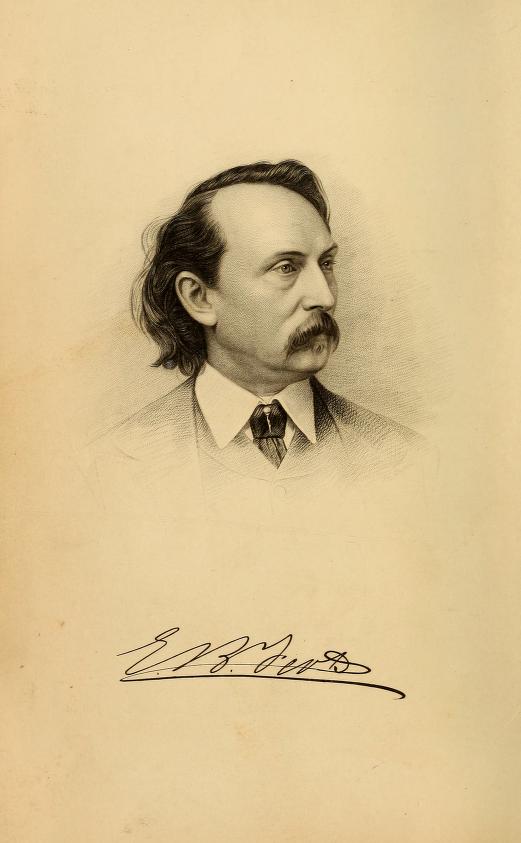While the quintessential nineteenth-century marriage was monogamous, the 1800s witnessed challenges to the idea that one man and one woman was the ideal marital configuration. One critic of monogamous marriage was Edward Bliss Foote, a nineteenth-century physician known today for his efforts to promote contraception.

Foote’s view of monogamy was in many ways similar to that of John Humphrey Noyes, who founded the Oneida Communityin upstate New York. Like Noyes, Foote saw many problems in monogamy, the most prominent being that monogamy gave rise to selfishness. Foote believed first of all that the ‘selfish’ love engendered by monogamy could make married couples oblivious to the troubles of those around them; it could also cause irrational jealousy and force two incompatible people to live together for a long period of time. In addition to those miseries, Foote felt that monogamy also led to sexual apathy in women and impotency in men. He argued that the human temperament yearns for variety – “men and women have their playthings as well as boys and girls, and they are almost constantly changing them” – and monogamy, by its very nature, thwarted that impulse. In his opinion, there needed to be a better system.

He also discussed the Mormon practice of polygamy. While he was generally critical of it, he also stated that, “if you find [a woman] now and then, who would rather thus marry and have a piece of a husband, than to go through life without any, no obstacle should be interposed to prevent this choice…polygamy is better than prostitution.”
Other nineteenth century physicians were not as interested in marital experimentation. John Harvey Kellogg – of Kellog’s Corn Flakes fame – stated that polygamy was a “foul crime against humanity and Heaven,” while R.V. Pierce simply said it was nothing but an excuse for animal sexuality to run rampant. These statements are more in line with what some of might expect of “Victorian morals,” but the writings of Edward Bliss Foote serve as a reminder that nineteenth-century attitudes toward sex were perhaps more varied than we might realize.
Further reading:
Lawrence Foster. Women, Family, and Utopia: Communal Experiments of the Shakers, the Oneida Community, and the Mormons. Syracuse: Syracuse University Press, 1991.
 Elisabeth Brander is a rare book librarian, a student of the history of medicine, and a writer of tales. She has a particular interest in anything that is strange and macabre. She tweets from @E_Brander.
Elisabeth Brander is a rare book librarian, a student of the history of medicine, and a writer of tales. She has a particular interest in anything that is strange and macabre. She tweets from @E_Brander.

NOTCHES: (re)marks on the history of sexuality is licensed under a Creative Commons Attribution-NonCommercial-NoDerivatives 4.0 International License.
Based on a work at www.notchesblog.com.
For permission to publish any NOTCHES post in whole or in part please contact the editors at NotchesBlog@gmail.com




